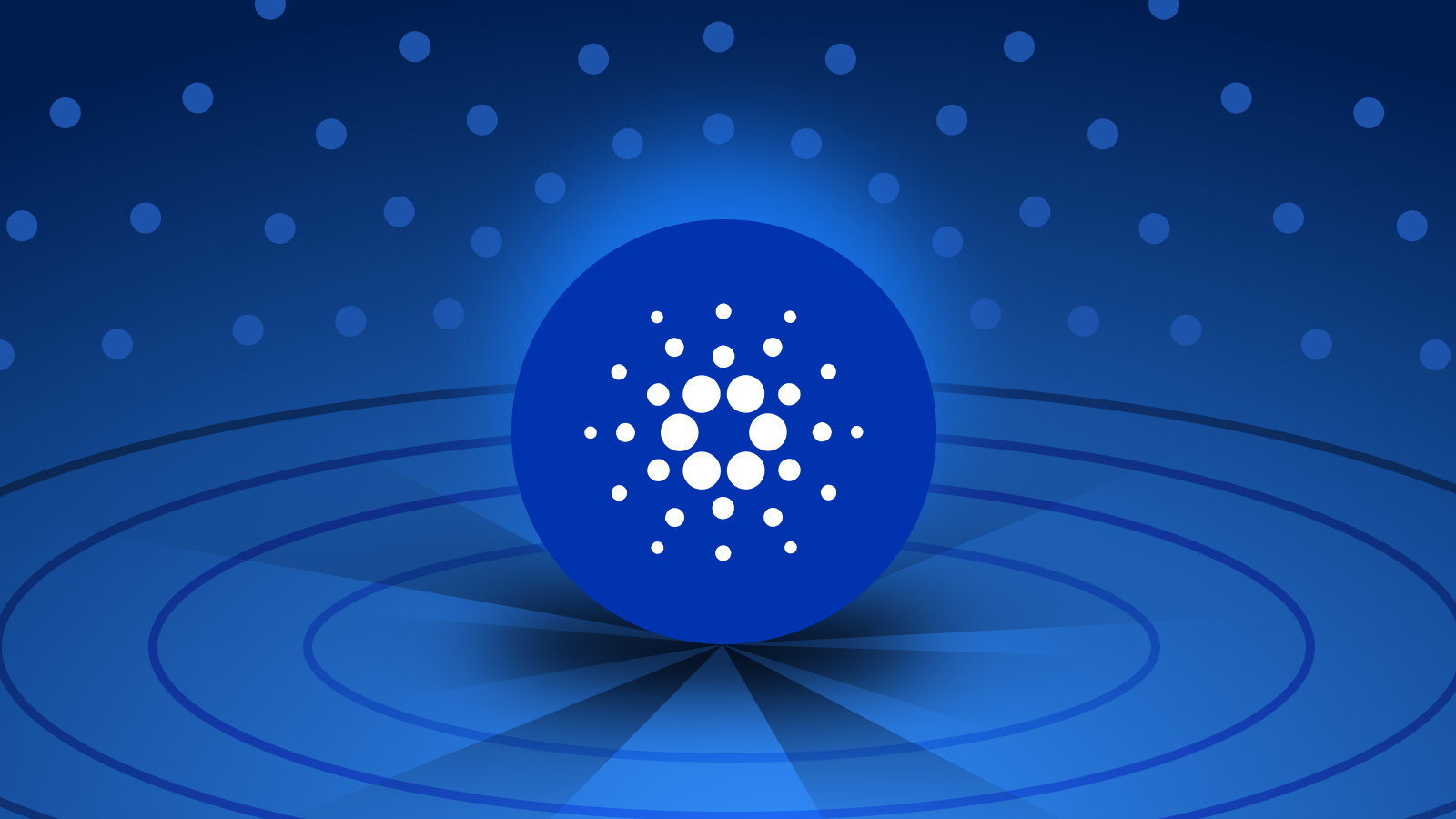Well- known crypto hardware wallet provider “Ledger” has announced that version 4.0.0 of the Cardano (ADA) app is now live and accessible on Ledger. This development introduces the smart contract functionality of the ADA ecosystem.
For users, this means that they will be able to use smart contracts directly in the Cardano app. Last year, the Alonzo Hard Fork Combinator brought smart contract functionality to the Cardano network for the first time.
The main problem at the time was that there was no compatibility with the ADA app for more than half a year. This new announcement was announced via Twitter on Ledger's account. The tweet stated that the app aims to provide users with access to the ever-growing Cardano DeFi ecosystem via “YoROI” and “AdaLite”.
Additionally, the company stated that the upgrade will allow users to sign smart contracts within the app itself.
Cardano founder Charles Hoskinson praises Ledger for the new development
Charles Hoskinson tweeted how commendable Ledger's work is. He called it an "excellent performance". As already mentioned, Cardano's network update, Alonzo in September 2021, had brought smart contract functionality for the first time.
Thus, users can now update their Ledger wallet firmware and install the Ledger Live app on their smartphones, after which they can update the Ledger ADA app to the latest version. After the successful software upgrade, users can then use YoROI and AdaLite to access ADA's DeFi ecosystem.
With the planned Vassil hard fork upgrade in June, ADA and its smart contract platform Plutus are expecting a great response. Hoskinson said that June's hard fork combinator will deliver "huge performance improvements for Cardano" and will also feature improved and updated smart contract capabilities.
The Vassil hard fork is scheduled for June 29, 2022. This upgrade is expected to provide a much better user experience for both Cardano users and developers once implemented.
In recent updates to the network, IOHK developers have now been able to increase the block size by 10%. This new development is an increase of about 8 kilobytes to the current block size of 80 kilobytes.
Along with the other planned updates, this upgrade is part of the ADA network improvements that were planned and due for this year. ADA currently hosts nearly 900 projects being carried out on the network.
It was previously less than 900 projects and the number of projects has increased by about 77% since March after IOHK Vice President Tim Harrison announced the influx of 500 new projects.
My Top PicksHoneygain - Passive earner that pays in BTC or PayPalMandalaExchange -The Best no KYC crypto Exchange!
BetFury - Play And Earn BFG for daily Bitcoin and ETH dividends!
Pipeflare - Faucet that pays in ZCash and Matic, Games pay in DAIWomplay - Mobile dApp gaming platform that rewards in EOS and BitcoinCointiply - The #1 Crypto Earning SiteLiteCoinPay -The #1 FaucetPay earner for LitecoinLBRY/Odysee - YouTube Alternative that lets you earn Money by viewing videos!FaucetPay - The #1 Microwallet PlatformFREEBTC - The #1 FaucetPay earner for Satoshi'sFaucetCrypto - An earning/faucet site that pays out instantlyFireFaucet - An earning site that pays better for some than Cointiply
DogeFaucet - Dogecoin Faucet
xFaucet - BTC, ETH, LTC, Doge, Dash, Tron, DGB, BCH, BNB, ZEC, FEY - Claim every 5 minutes
Konstantinova - BTC, ETH, LTC, Doge, Dash, Tron, DGB, BNB, ZEC, USDT, FEY, 25 Claims Daily


Comments
Post a Comment